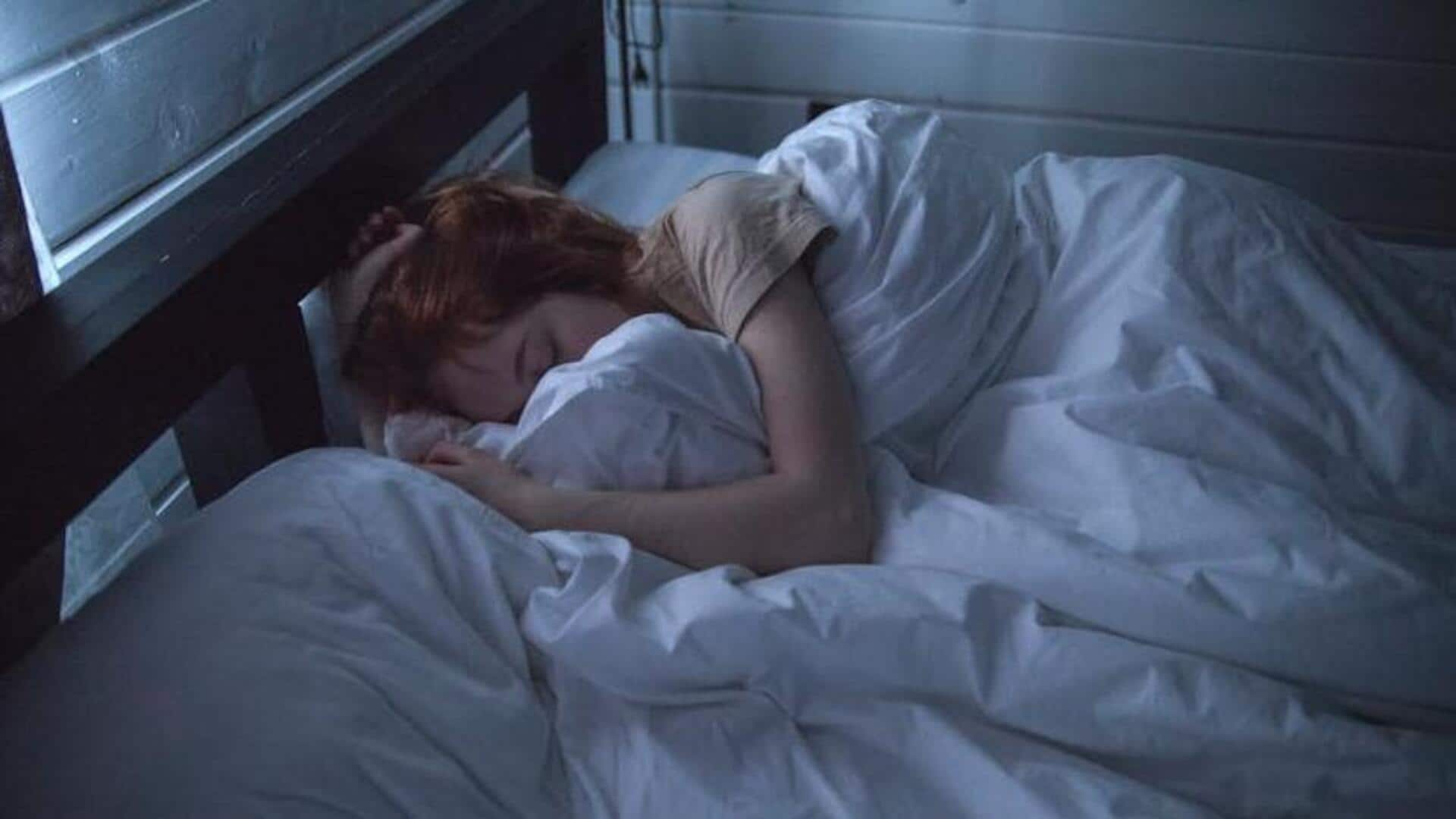
This technique will help you sleep better. We aren't kidding!
What's the story
In today's digital age, screens have become an inseparable part of our day-to-day lives. However, excessive screen time, particularly before bed, can throw your sleep patterns out of whack. A nighttime digital detox can do the trick and improve your sleep quality by cutting down on blue light exposure and mental stimulation from the devices. Here are five practical ways to introduce a digital detox into your nightly routine for better sleep.
Screen curfew
Set a screen curfew
Establishing a screen curfew is an effective way to limit device usage before bedtime. Aim to turn off all electronic devices at least one hour before you plan to sleep. This break allows your mind and body to unwind naturally without the interference of blue light emitted by screens, which can suppress melatonin production and delay sleep onset.
Bedtime routine
Create a relaxing bedtime routine
To improve your sleep quality, swap evening screen time with something that relaxes your body and mind. Read a captivating book, do some gentle yoga stretches, or listen to soothing music. This makes it easier to transition from the day's activities to calmness, preparing you for restful sleep. This way, you can signal your body that it's time to rest, promoting a peaceful night's sleep.
Blue light filters
Use blue light filters on devices
If staying away from screens altogether isn't possible, try using blue light filters on your devices in the evening. Most smartphones and computers come with pre-installed settings or apps that help reduce blue light emission post-sunset. This way, you can lessen the effect of screens on your circadian rhythm while still being able to use your device in moderation.
Tech-free zones
Designate tech-free zones in your home
Creating tech-free zones in certain areas of your home encourages you to be less dependent on devices during nighttime hours. For instance, keep bedrooms free from electronics like TVs and tablets. By associating these spaces with relaxation rather than technology use, you promote healthier sleeping habits over time.
Mindfulness meditation
Practice mindfulness meditation before bed
Incorporating mindfulness meditation into your pre-sleep routine can enhance relaxation and thus improve overall sleep quality. Spend five to ten minutes focusing on deep breathing exercises or guided meditation sessions specifically designed for bedtime relaxation purposes. This practice helps calm racing thoughts often triggered by excessive screen exposure throughout the day.